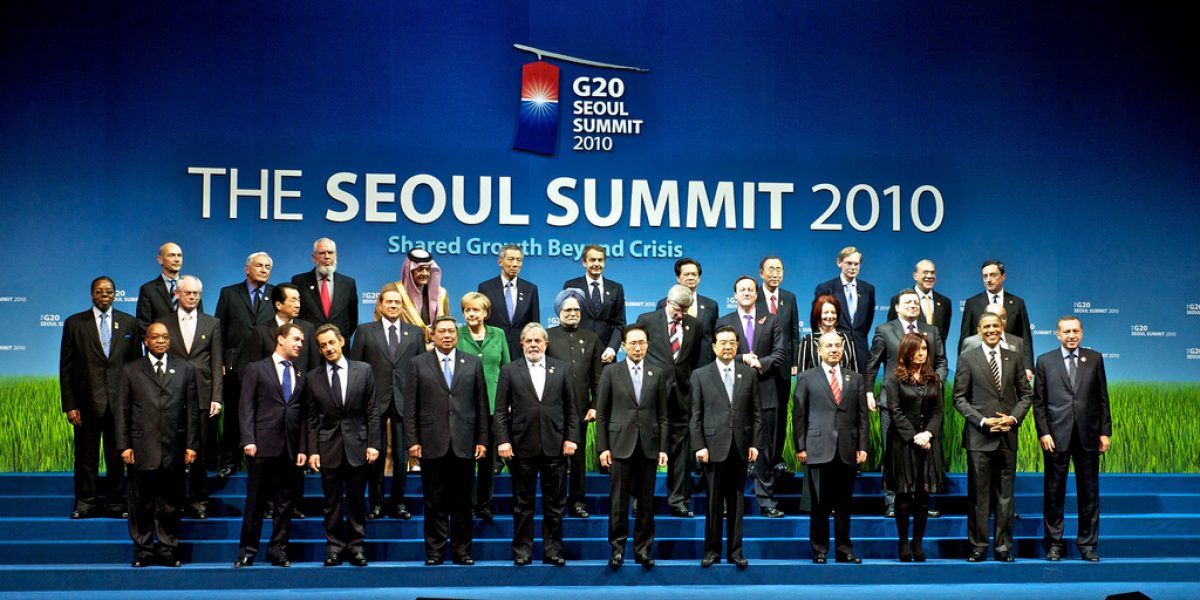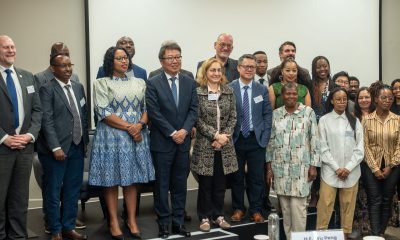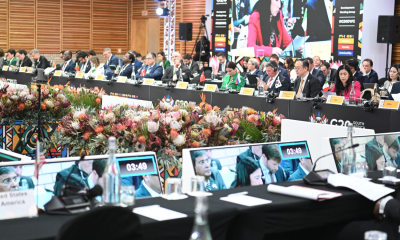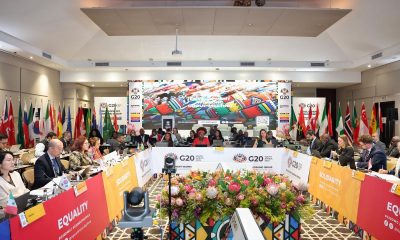Since the June 2010 Toronto G20 summit acrimony over global macroeconomic imbalances spilled over into the so-called ‘currency wars’, incorporating US criticism over China’s currency peg to the US dollar, and culminating in the United States Federal Reserve Board’s recent decision to pump approximately $600 billion into the US economy. This decision has major implications for developing countries with flexible currencies, such as South Africa, which now confront a ‘wall of capital’ exiting low growth, low yield markets in the US and Europe in search of high yield, with attendant consequences in terms of currency appreciation, diminished exports and therefore economic growth.
This issue was always going to dominate the Seoul summit, and so it proved to be. Equally predictable the leaders did not come up with substantive agreement for resolving it. However, it should not obscure the broader milestones the summit managed to achieve: for the first time a developing country (South Korea) hosted the G20 Heads of State summit; a new development approach was announced (the ‘Seoul consensus’); a breakthrough was made on reforming the International Monetary Fund’s board; and tighter capital adequacy rules for banks were solidified through the Basle 3 process. These achievements highlight the fact that whilst it will be difficult to achieve breakthroughs on the sensitive issues of domestic macroeconomic management, the G20 remains the only game in town for reforming less sensitive microeconomic management and institutions of global economic governance. In short, the G20 train remains on the tracks, but now has to navigate a major obstacle in its path in the form of macroeconomic imbalances.








